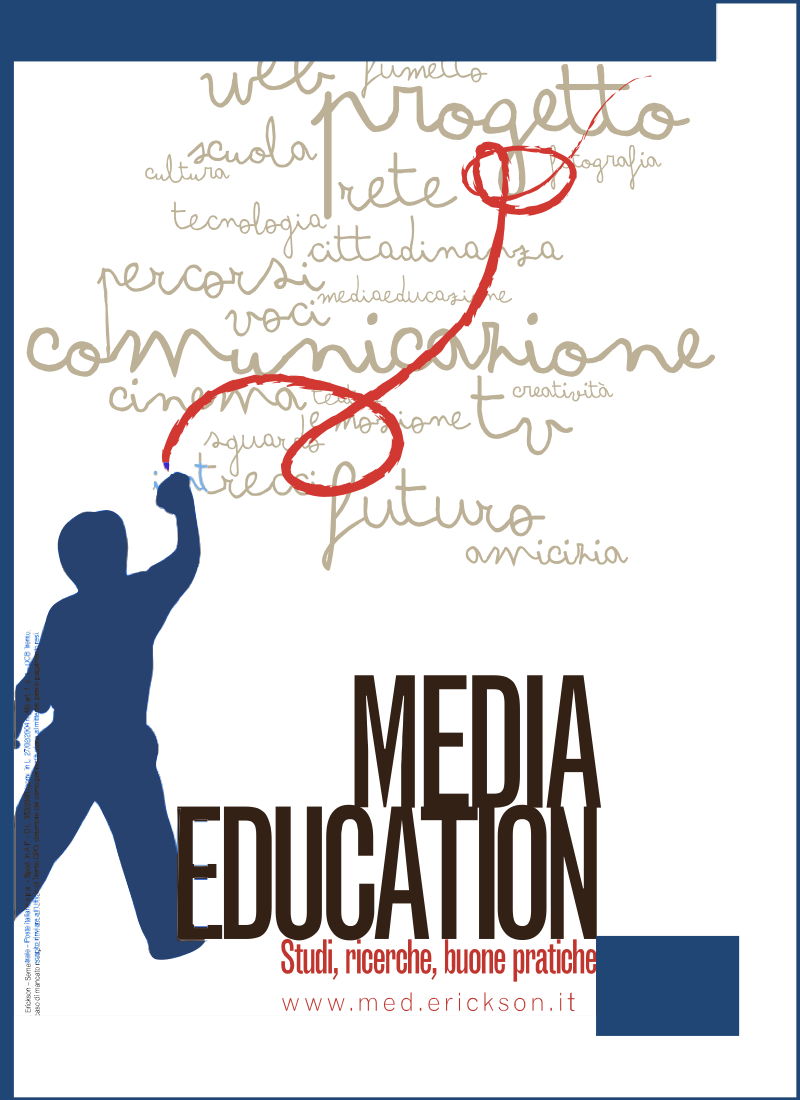ARTFULLY CONVERTING OPEN (URBAN) SPACE TO LEARNING SPACE: MOBILE LEARNING AND (KOREAN) LITERATURE
Published 2020-05-01
Keywords
- Mobile learning, Korea, literature, open learning, pedagogy
Abstract
This paper outlines the creation of an urban mobile learning activity that attempts to engage literature spatially, collaboratively, and compositionally in an urban setting. The Korean novel Three Generations by Yom Sang-Seop (1931) is engaged through mobile learning. The reflective and analytical activities surrounding the novel are translated into field-based activities (Gallagher, 2013). Participants are assigned locations, or chapters that unfold in locations. They generate a reflective analysis of the assigned content, collect the field data, and compose that data collaboratively into compositional geocaches (see Farman, 2009). These compositions can be multimodal representations of literary activity, media collected and cohesively assembled into a composition, and/or an analysis of the chapter from the novel.
Groups of students find these embedded compositional geocaches, log their discoveries, and reassemble the novel based on the class’s interpretations and presentations. This activity is positioned within a definition of mobile learning that emphasizes learners that «artfully engage with their surroundings to create impromptu sites of learning» (Sharples et al., 2009) while unmooring the sedentary structure of historical and literary knowledge in the urban space.

